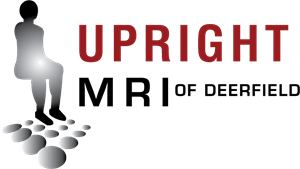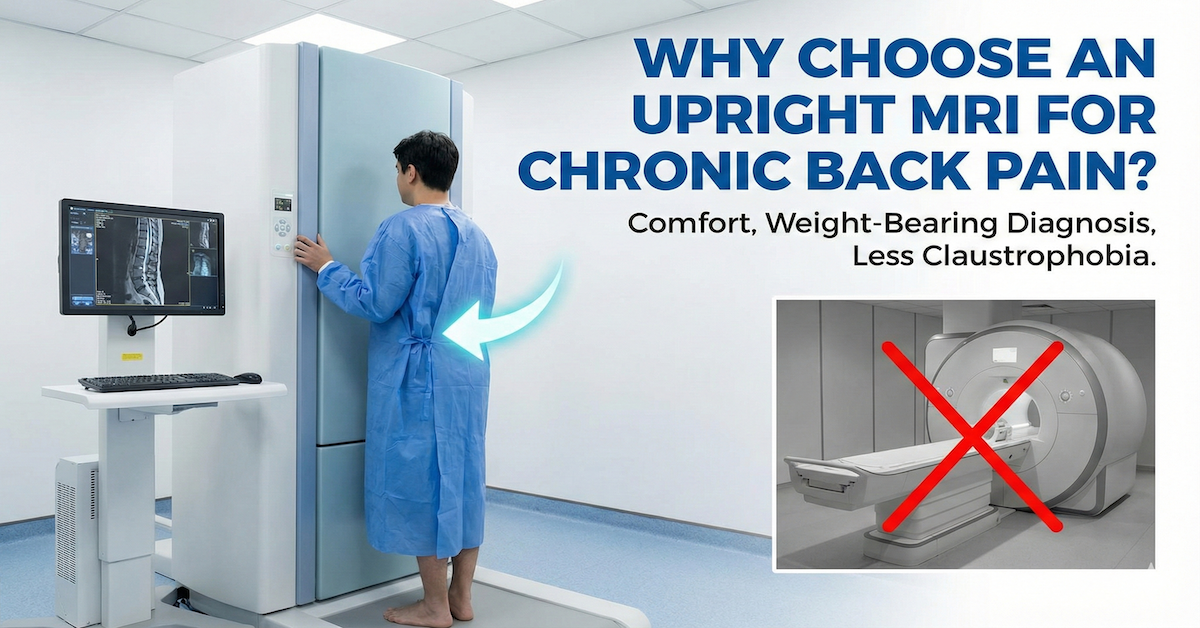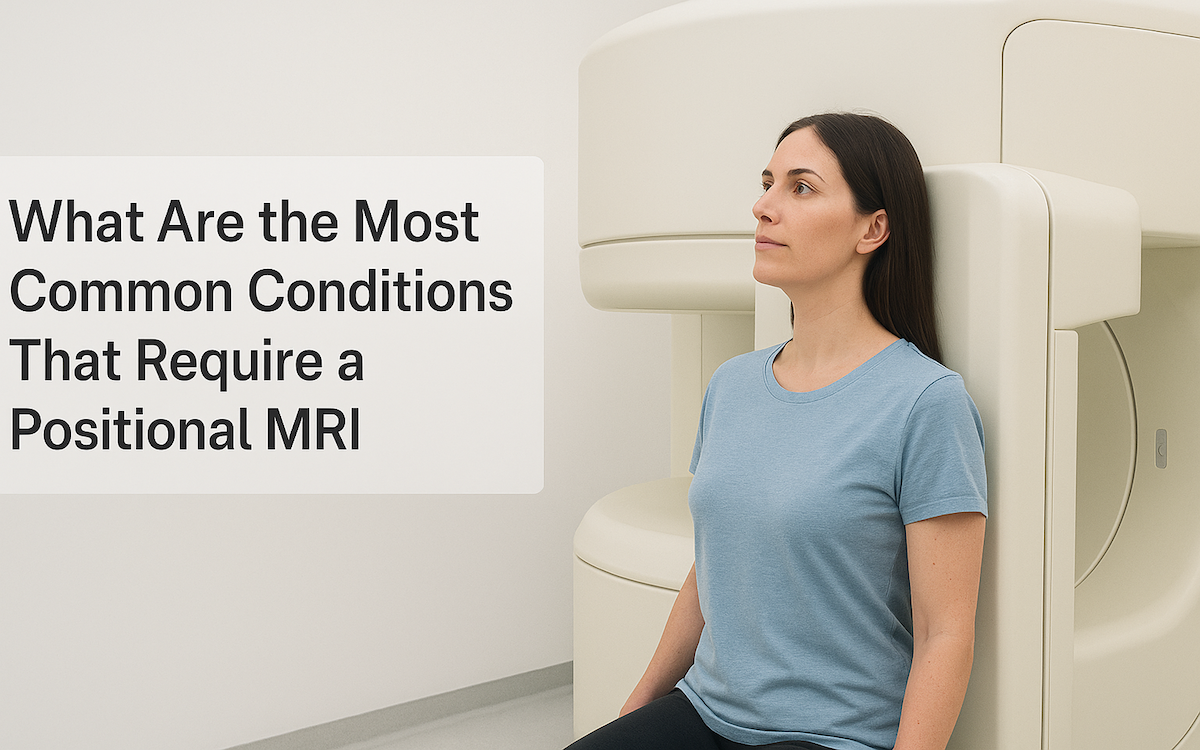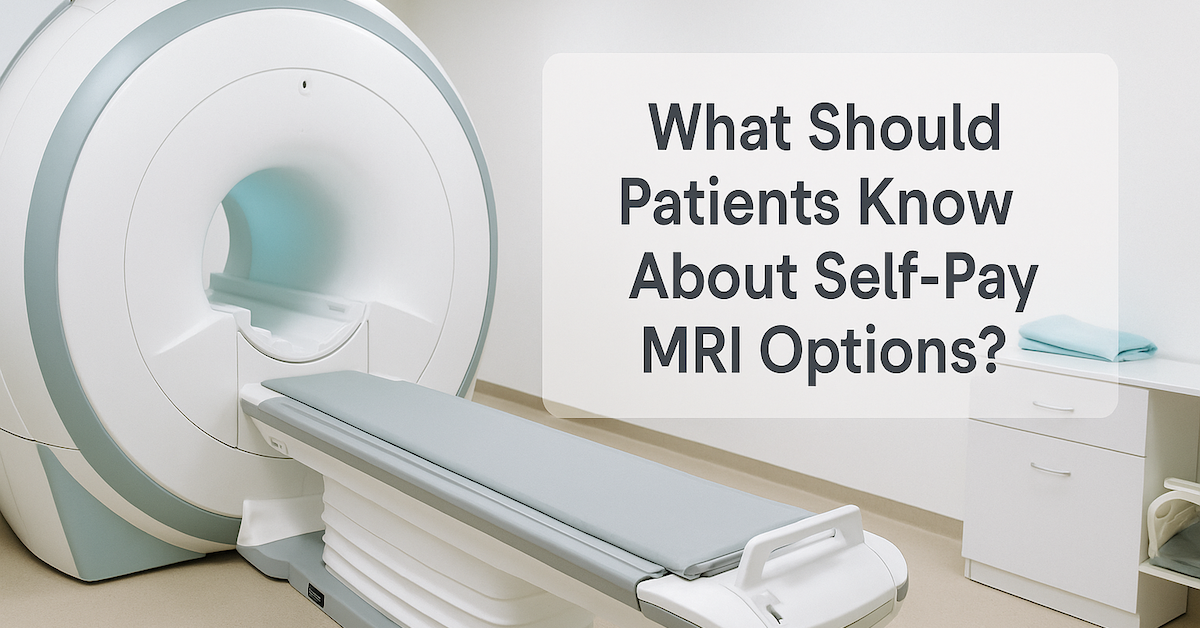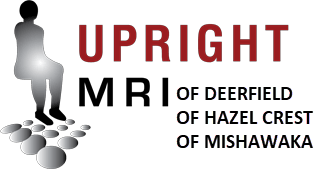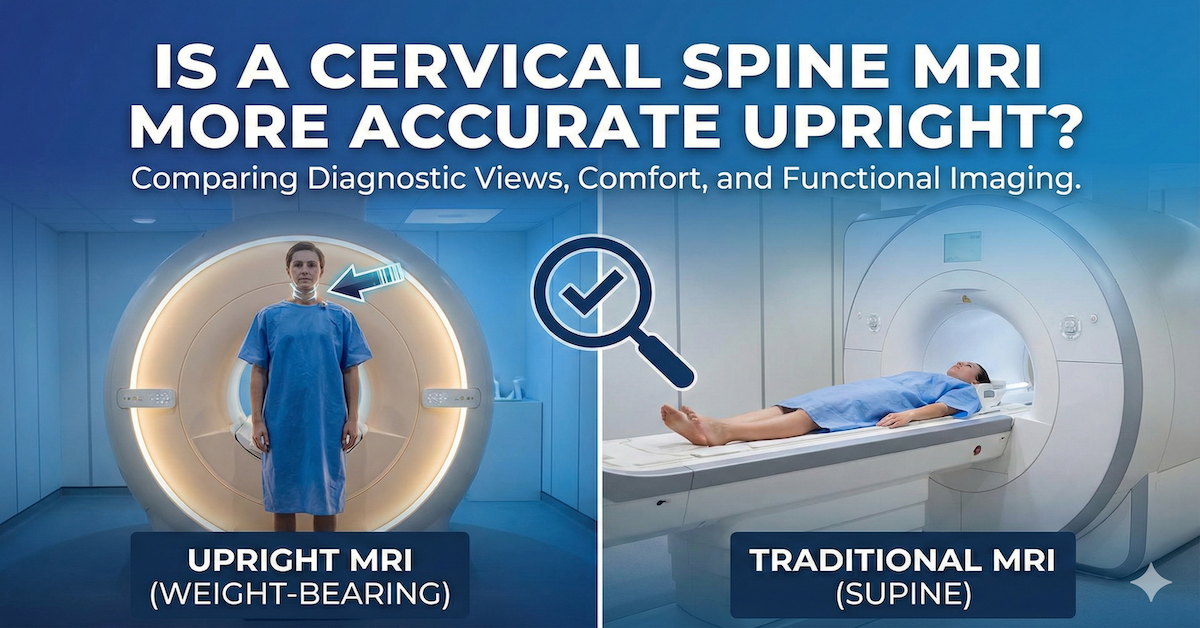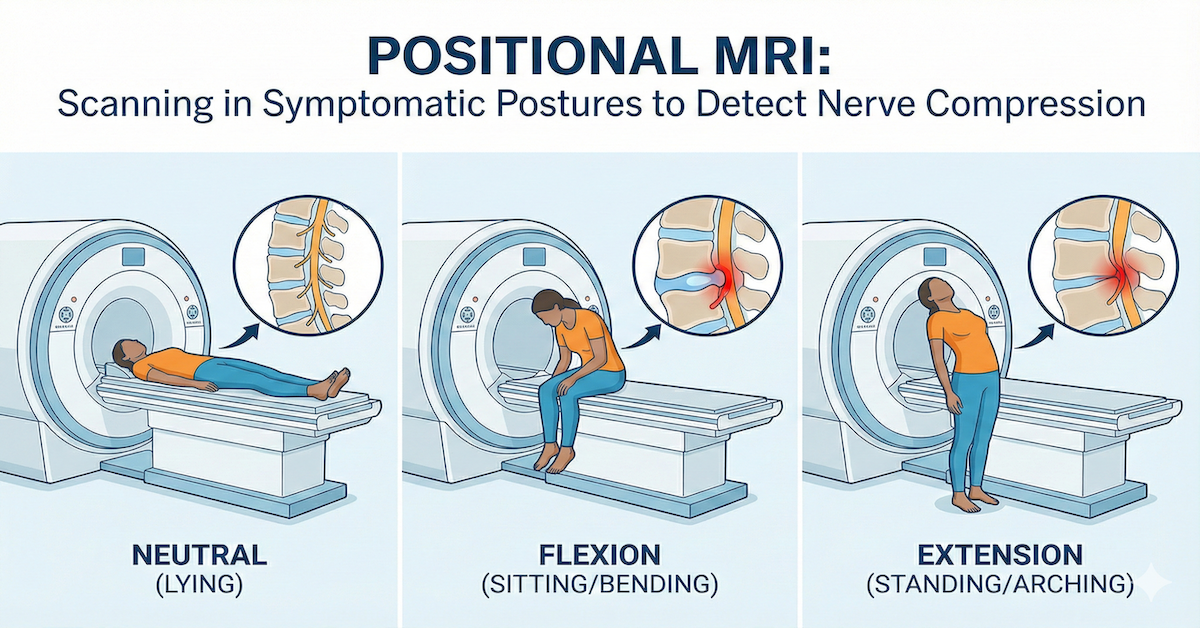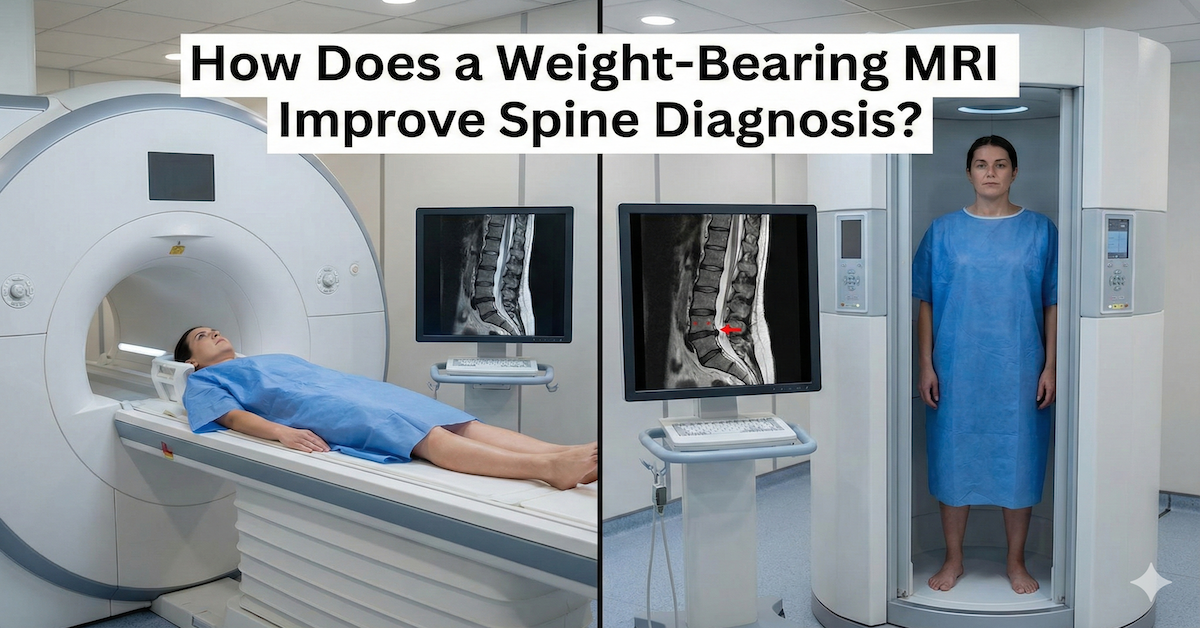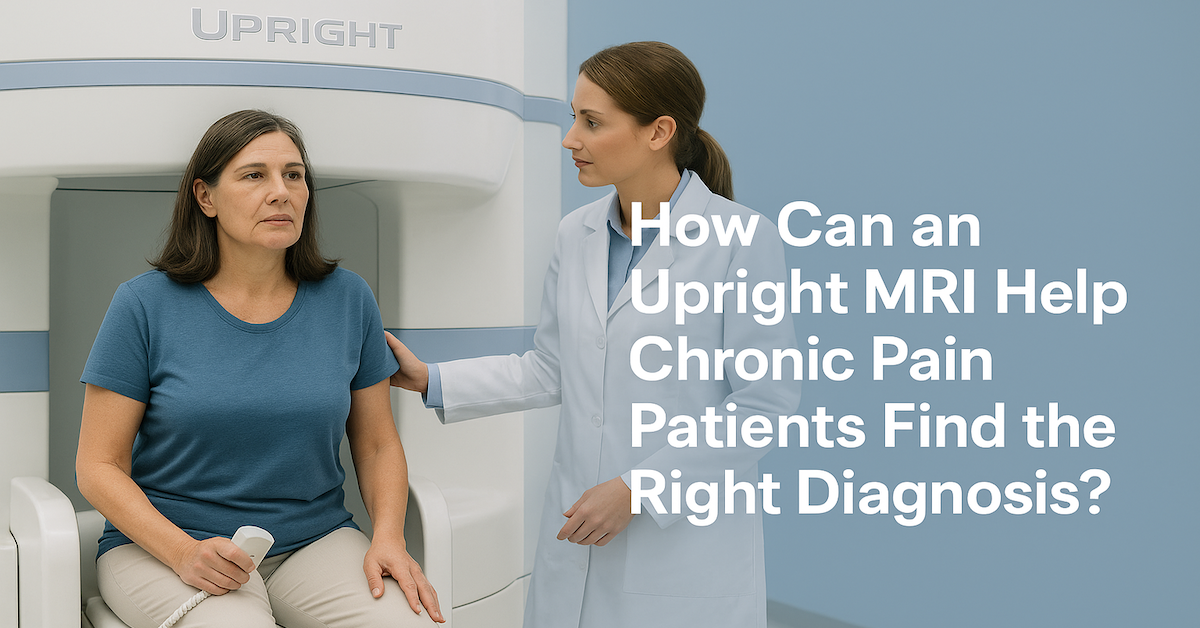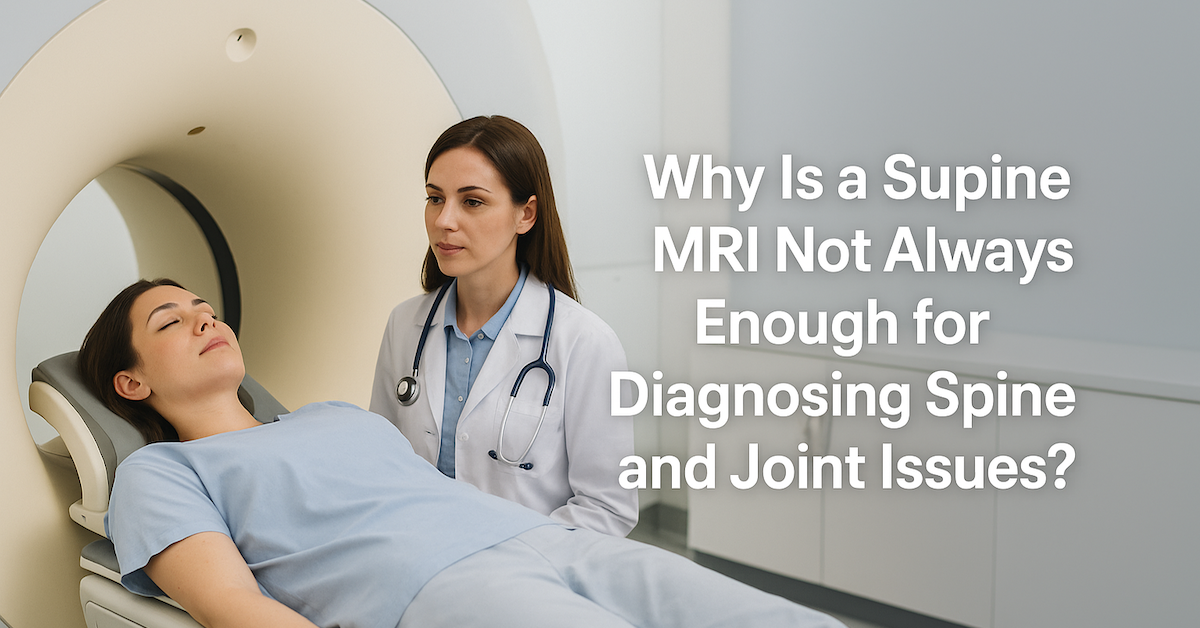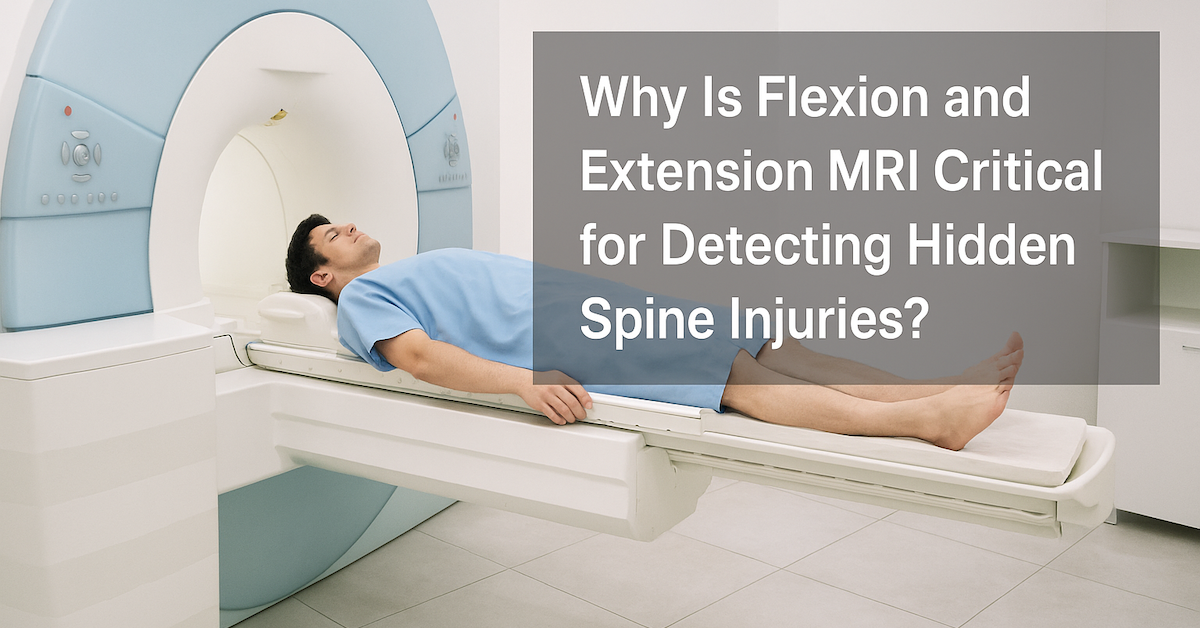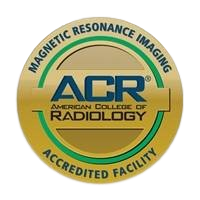Getting an MRI scan can be intimidating and, if it’s your first time to do so, you probably aren’t sure how to prepare. No worries. Once you are approved to get an MRI by your doctor, preparing for the scan itself is relatively easy! We summed up seven simple steps to make sure you are all set for your visit at Upright MRI of Deerfield.
1. Know how an MRI works. Do your research! Let us educate you. A Magnetic Resonance Imaging (MRI) scanner allows physicians to see what’s going on inside the body without using surgery, harmful dyes, or X-rays. How? It uses powerful magnets, radio waves and computers to produce detailed images of the human anatomy. There are a few different kinds of MRI machines, and Upright MRI of Deerfield is known for having the most patient-friendly one in the world. It allows all parts of the body to be scanned in several different positions in an open, quiet setting that other MRIs can’t offer. This is why it is considered the only true “open MRI” out there.
2. Make sure you are safe to get an MRI. For some people, an MRI scanner can be very dangerous, and fatal in certain situations. That’s why it’s very important to make sure you are safe to get one. For example, if you wear a cardiac pacemaker, you cannot get an MRI exam. If you have any type of metal inside the body, including metal plates, wires, screws or rods, you must check with our staff and your doctor to determine whether the scan be done. Other things like aneurysm clips may not be safe either. Some are safe, some are not, so you must check with your doctor. Other potential dangers include neuro stimulators, heart valves, drug infusion devise/pumps, ear implants such as hearing aids (the MRI can damage it), tattoos or facial tattoos. Make sure to tell the physician and technicians exactly what you have, so they can determine if it’s safe for you to get an MRI. For more information on how to determine if you are safe, click here or contact us here. Please note, any guests in the patient in the room are also subject to these dangers.
3. Pack the necessary documents the staff needs to check you in. Please be sure to bring your prescription from your doctor, your insurance card, your driver’s license, your patient information sheet and safety sheet (
download here).
4. Eat normally and take medications normally. Great news – there are no food or drink restrictions before getting an MRI! There are also no medication restrictions, so please feel free to continue eating and taking meds like usual, unless your doctor tells you otherwise.
5. Remove all metallic objects. All removable metallic objects must be removed before going into the scanning room (this applies to guests of patients, too). These include jewelry, keys, watches, coins, eyeglasses, removable hearing aids, dentures and prosthetic devices. You must also take out your credit card and leave that outside the room as well! An MRI’s large magnet can easily corrupt the information stored on the them, since credit cards are magnetically coded.
6. Dress comfortably in loose clothing with no metal. Keep in mind the main thing we want to avoid having in the scanner room is metal! Which unfortunately means you can’t wear your favorite pair of jeans if they have a zipper or buttons. We suggest wearing loose, comfortable clothing with no metal fasteners or zippers. No body piercings or other jewelry. If you are having a neck or head MRI, don’t wear makeup. And again, please let the technician and physicians know if you have tattoos (including eyebrow or eyeliner tattoos). When in doubt, connect with our team
here
and we will let you know what to leave at home. Upright MRI of Deerfield also provides a hospital gown for any clothing not suitable, so no need to stress too much here!
7. Get there 15 minutes early. Like any medical appointment, it’s always a great idea to come 15 minutes early to fill out any additional paperwork needed, remove all your metallic jewelry, change clothes if needed, and get settled in before the scan. Scans typically take 15-45 minutes. The MRI has no physiological side effects, so you will be perfectly fine to drive home afterwards. If you need help with transportation, let us know and we can make special arrangements.
If you have any questions or need help of any kind with preparation for your scan, please
contact us
and we will help answer your questions. Please note to contact your doctor to ensure you are MRI-safe. For more information on MRIs and what to expect during your appointment,
click here.
More about Upright MRI of Deerfield:
Upright MRI of Deerfield (UMD) is known for having the most patient-friendly MRI in the world. The technology in the Fonar Upright® Multi-Position™ MRI
allows patients to be scanned in several different positions, which allows for clearer, more accurate images and diagnoses. In fact, our radiologists often identify problems that are often undetected by previous scans where the patient must lie down. Because our MRI is truly open and non-invasive, patients often comment in testimonials
that they have been to other standard MRIs and have only had success with ours. They have also noted it is much quieter than others (our MRI is 70% quieter than standard MRIs).
While Upright MRI is most recognized for its state-of-the-art MRI technology, it also offers other services such as thermography of the breast, full body and/or other regions of interest. For more information on UMD and its services, go to our website here.

